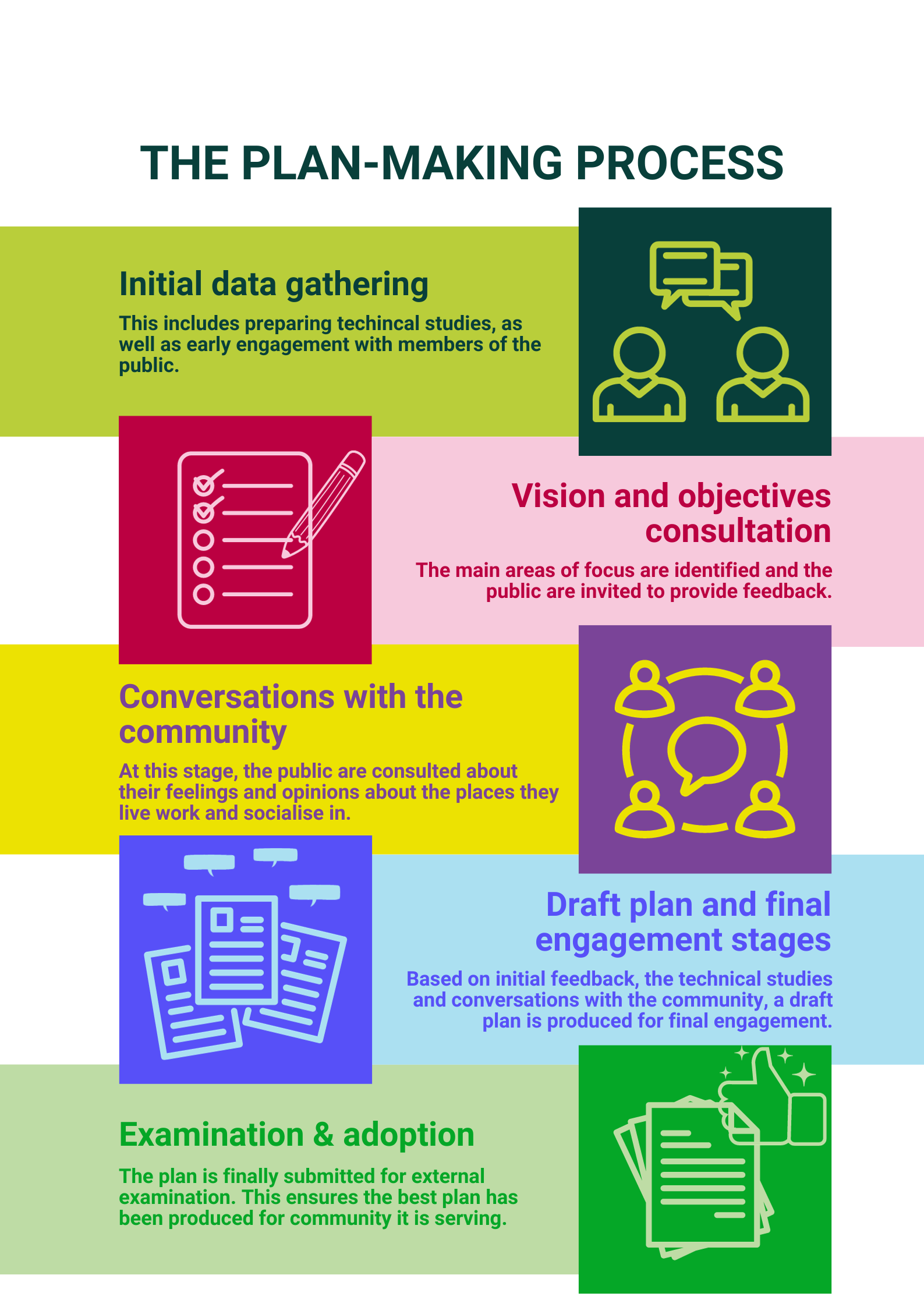Home
Frequently Asked Questions
Discover Milton Keynes New City Plan, Frequently Asked Questions. Have your say today and share your views on the future of your community. Powered by Commonplace, the leading community engagement platform.
Frequently asked questions
We want to make sure you develop a good understanding of this process and how it impacts you, so we have put together this list of common questions in the hope that it will provide greater clarity and understanding.
A Local Plan (or City Plan) is a document prepared by a local planning authority (in this case Milton Keynes City Council), in consultation with its community to provide strategic vision and guidance for the future development of an area. This is to address the present and future needs and opportunities regarding housing, jobs, retail, waste, and infrastructure in an area, whilst conserving and enhancing the natural and historic environment.
Once in place, Local Plans become part of the statutory development plan. The statutory development plan for an area is the starting point for determining local planning applications.
We are legally required to review and update our Local Plan. This helps to create stability and certainty for the local community. It also enables the effective planning of future infrastructure delivery.
We have seven key strategic goals that we want to achieve by 2050. A new city plan will help us to work towards these goals, along with other local priorities.
The New City Plan covers the administrative boundary of Milton Keynes. Despite the document being called a 'city' plan, this incorporates the rural areas of Milton Keynes.
There are a number of steps to the plan making process. The diagram below outlines this process:

Consultation about emerging plans is an essential part of the process. We want to ensure that the development and growth planned for Milton Keynes reflect the needs within the city.
Engagement at every stage of the process is crucial to ensure the resulting plan has been shaped by the local population.
Yes. Currently, we are carrying out informal stages of engagement until February 2024. Formal engagement is due to start in the Summer of 2024, and there will be an opportunity to get involved then.
At this early stage of engagement, the topics covered won't be as extensive as they will be during the formal stages of consultation. In Summer 2024, we will carry out the Regulation 18 engagement, which will present a draft version of the New City Plan. This will cover a broader range of topics and issues.
The New City Plan is informed by:
- National planning and infrastructure policy
- Duty to cooperate (which is a requirement to engage with organisations including our neighbouring authorities)
- Technical evidence-based studies
- Council strategy
- Feedback from the local community and others.
The New City Plan is scheduled to be submitted in Summer 2025. After this, it will undergo external examination by the Planning Inspector. Once the plan has been approved, it will be adopted. The timescale for this process can vary, therefore we estimate implementation will take place in 2026/27.
Local plans provide the strategic policy framework which informs the scope and direction of Neighbourhood Plans. Neighbourhood plans should therefore be aligned to the strategic needs and priorities of the wider local area but take precedence over non-strategic local plan policies.
No decisions have yet been taken about which sites are to be allocated. We are currently undertaking a Land Availability Assessment. We have invited developers and landowners to put land forward to us for consideration. We then assess all sites put forward against several parameters to ensure the land is fit to be built upon. After this the appropriate sites will be allocated in the New City Plan, informed by consultation responses.